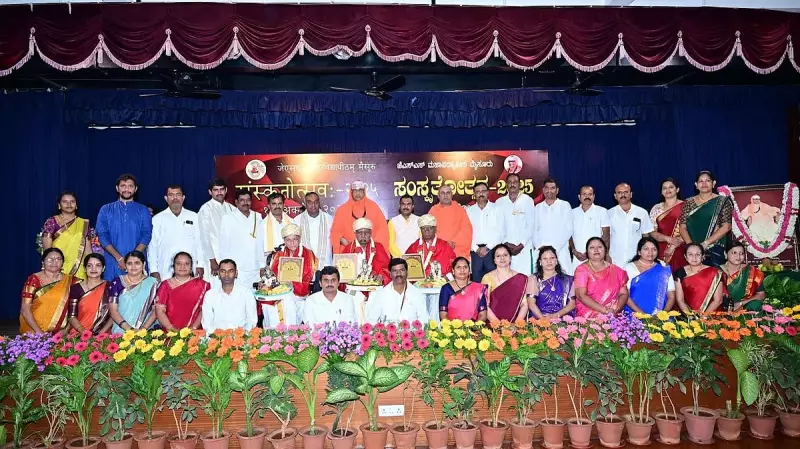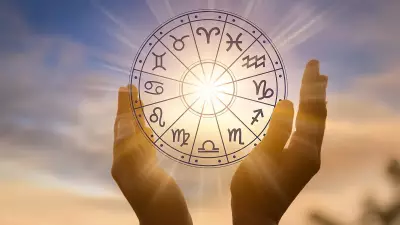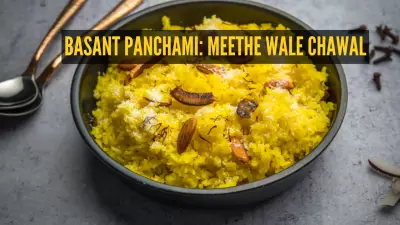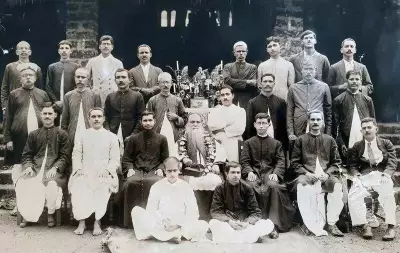
In a powerful address that resonated through the halls of Mysuru's cultural scene, MLA T.S. Srivathsa delivered a compelling argument for Sanskrit's enduring significance to India's national identity. The event, which brought together language enthusiasts and cultural preservationists, highlighted the ancient language's vital role in connecting modern India to its rich historical roots.
The Living Bridge to Ancient Wisdom
Srivathsa passionately articulated how Sanskrit serves as more than just a classical language—it functions as a living bridge to India's profound philosophical, scientific, and cultural heritage. "Sanskrit is integral to India's cultural identity," the MLA declared, emphasizing that the language contains the very DNA of Indian civilization.
Beyond Religious Texts
The MLA's address notably expanded the conversation beyond Sanskrit's traditional association with religious scriptures. He highlighted the language's contributions to diverse fields including:
- Ancient mathematics and astronomical discoveries
- Early medical and scientific treatises
- Philosophical texts that continue to influence global thought
- Literary works of unparalleled poetic beauty
A Call for Cultural Renaissance
Srivathsa's speech transcended mere academic discussion, transforming into a rallying cry for practical action. He stressed the urgent need for educational institutions and cultural organizations to implement concrete measures that would ensure Sanskrit's transmission to future generations.
"We must create environments where Sanskrit can breathe and live," he urged, suggesting innovative approaches to language instruction that move beyond traditional teaching methods.
Modern Relevance of Ancient Language
Addressing common misconceptions about Sanskrit being irrelevant in contemporary times, the MLA pointed to the language's growing global recognition. He noted how computational linguists are studying Sanskrit for its logical structure, while wellness practitioners worldwide are embracing Sanskrit mantras for their therapeutic benefits.
The event concluded with a renewed commitment among participants to champion Sanskrit not as a relic of the past, but as a living, evolving component of India's dynamic cultural present.





